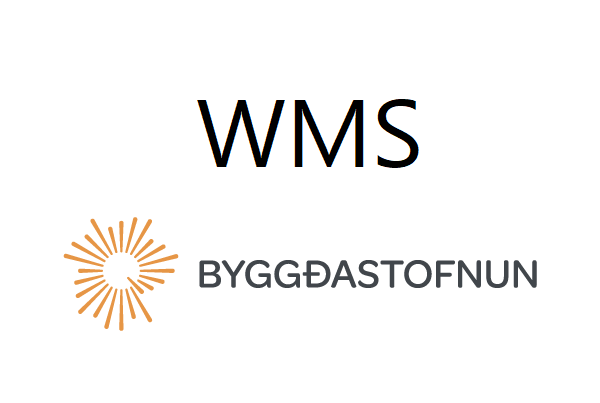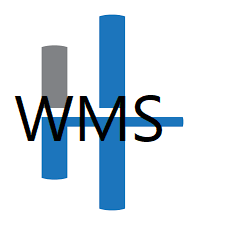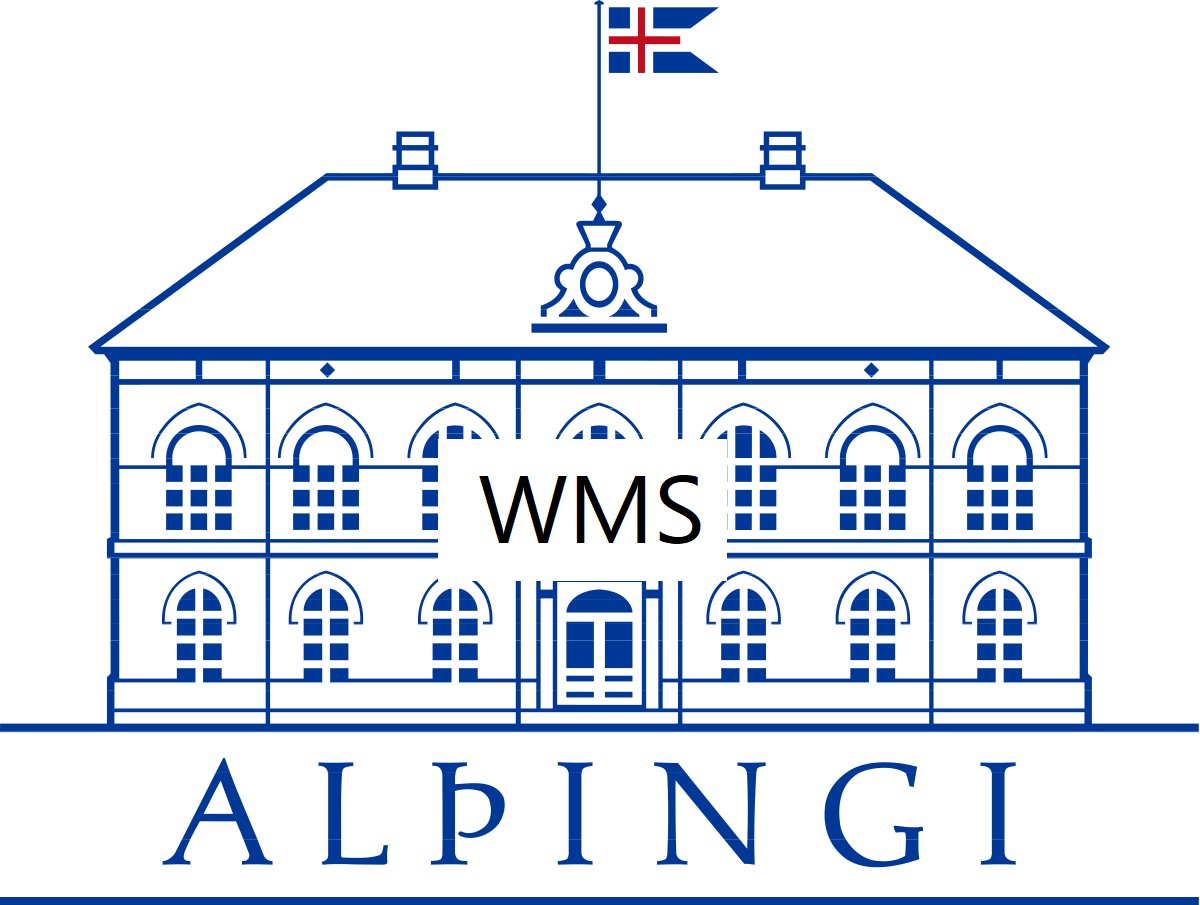OGC:WMS
Type of resources
Available actions
INSPIRE themes
Keywords
Contact for the resource
Provided by
Years
Formats
status
Service types
-

Skoðunarþjónustur Byggðastofnunar
-

Skoðunarþjónustur Hagstofunnar
-

The Geonetwork Catalog of the Arctic Biodiversity Data Service (ABDS) https://abds.is/ is an integral component of the Conservation of Arctic Flora and Fauna (CAFF) initiative https://www.caff.is/. CAFF is a working group of the Arctic Council dedicated to addressing the conservation challenges facing Arctic biodiversity and promoting sustainable management practices in the region. As part of CAFF's mandate, the ABDS aims to provide a comprehensive and accessible repository of biodiversity-related data and information specific to the Arctic. The Geonetwork Catalog within ABDS serves as a centralized platform for discovering, accessing, and sharing geospatial datasets relevant to Arctic biodiversity conservation and management. It hosts a diverse range of spatial data layers, including species distribution maps, habitat classifications, ecosystem assessments, land cover maps, and more. These datasets are sourced from various contributors, including scientific research projects, monitoring programs, government agencies, indigenous knowledge holders, and non-governmental organizations. Hereafter you can find the WMS, WFS and GeoNetwork connections.
-

Skoðunarþjónustur Landhelgisgæslu Íslands
-

Skoðunarþjónustur Vatnajökulsþjóðgarðs
-

Land og skógur, skoðunarþjónustur (áður Skógræktin).
-

Skoðunarþjónustur Alþingis
-

[IS] WMS þjónusta fyrir drónamyndir frá Landmælingum Íslands. [EN] WMS service to serve drone imagery from the national land survey of Iceland.
-

Skoðunarþjónustur Fiskistofu
-

Skoðunarþjónustur Hafrannsóknastofnunar
 Lýsigagnagátt
Lýsigagnagátt